Her final words called out power in space and on Earth.
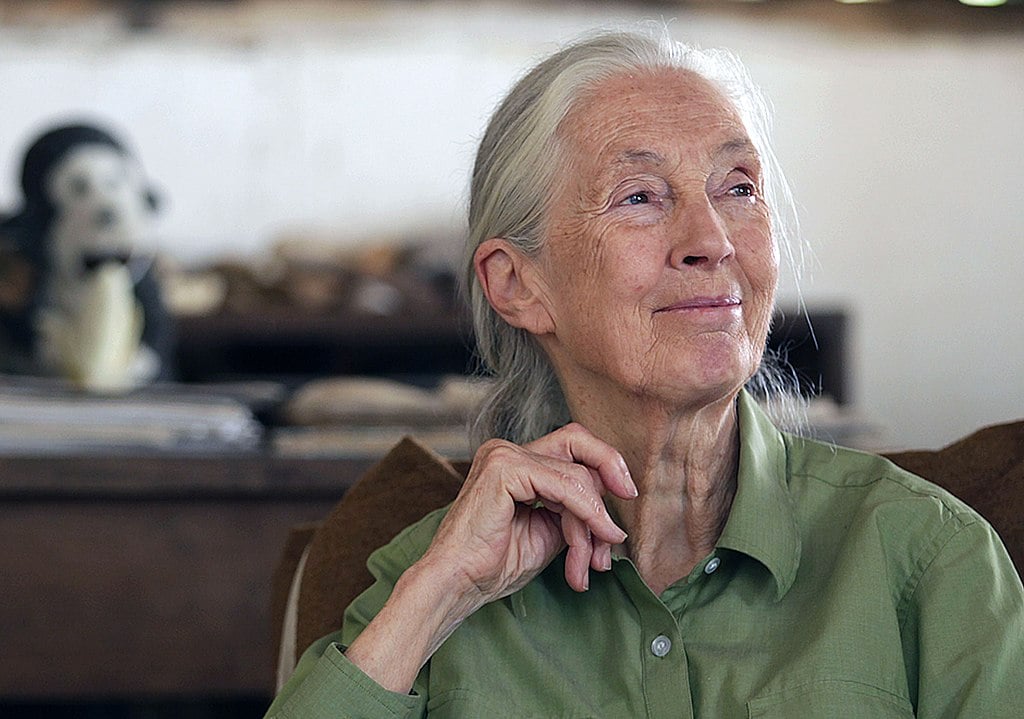
Jane Goodall didn’t leave behind a manifesto or a list of regrets. What she left was a single conversation, recorded quietly in March 2025, in which she sat under soft studio lights and said something only she could get away with: she’d like to send Elon Musk and President Donald Trump on a spaceship and “leave them there.” It wasn’t said in bitterness, but with that dry British humor that always landed halfway between grace and warning. In her last words to the world, she wasn’t mocking. She was reminding us who holds the keys to the planet’s future, and asking, gently but unmistakably, if they still deserve them.
1. She was the world’s most beloved voice for nature.
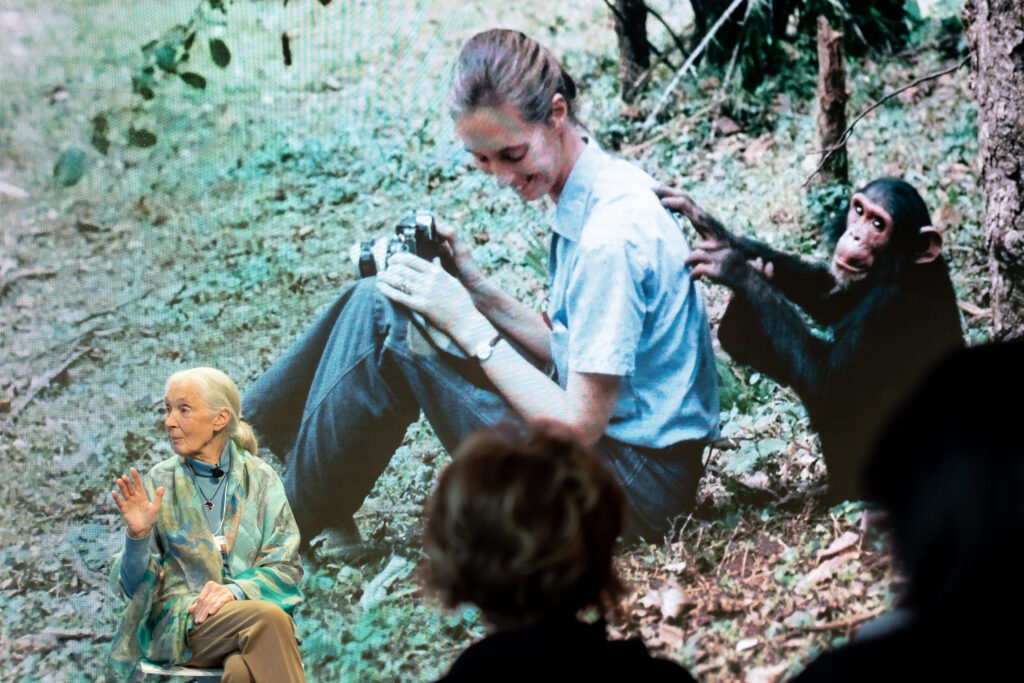
Before this final interview ever aired, Jane Goodall had already lived one of the most extraordinary scientific lives of the 20th century. She became famous in the 1960s for her fieldwork in Tanzania’s Gombe Stream National Park, where she documented chimpanzees using tools, showing the world that the line between humans and animals was thinner than anyone believed. Over time, she turned that discovery into a global movement for conservation and compassion.
Her work evolved from research to activism. She spent her later decades speaking on climate, deforestation, and ethics, traveling constantly and calling on leaders to take responsibility. That sense of duty ran through her life—and shaped her last words.
2. The interview was filmed for release after her death.
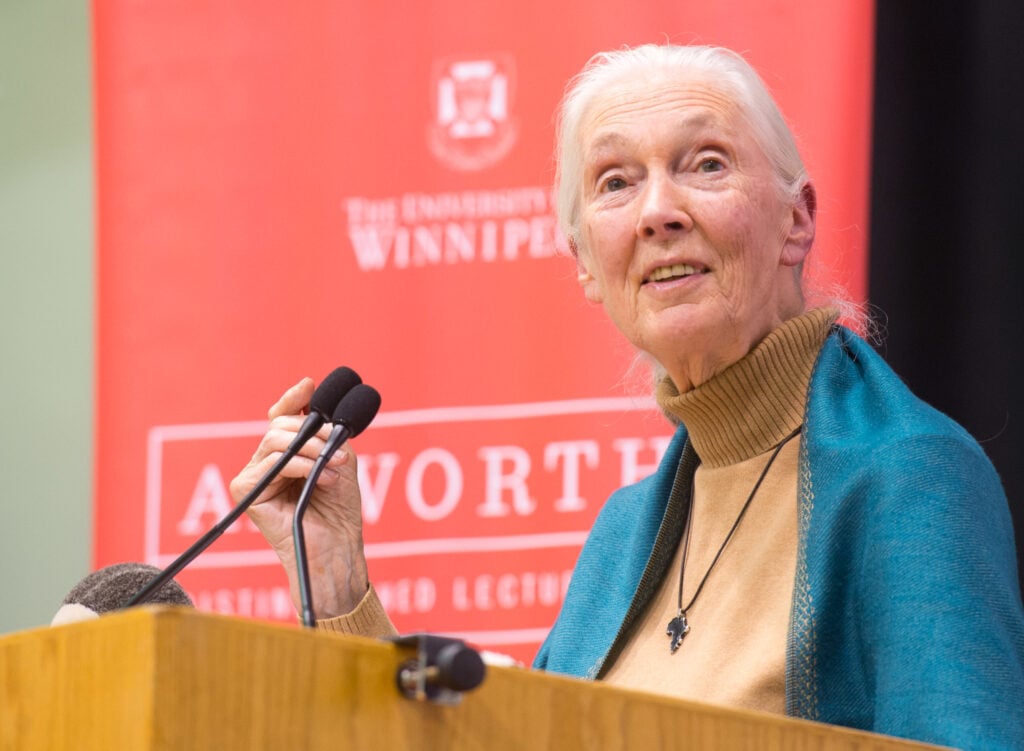
The conversation was part of Netflix’s Famous Last Words, a series that locks away interviews until the speaker is gone. According to People, Goodall recorded hers that spring, a few months before she died, knowing she’d never have to answer for what she said. That knowledge seemed to loosen her. She spoke without hesitation, unguarded, even amused by her own boldness.
There’s something striking about that kind of freedom. It lets a person strip off the polite filters they’ve worn for decades and finally say what they meant all along. Goodall did it with calm precision.
3. She mentioned Musk and Trump with a knowing smile.
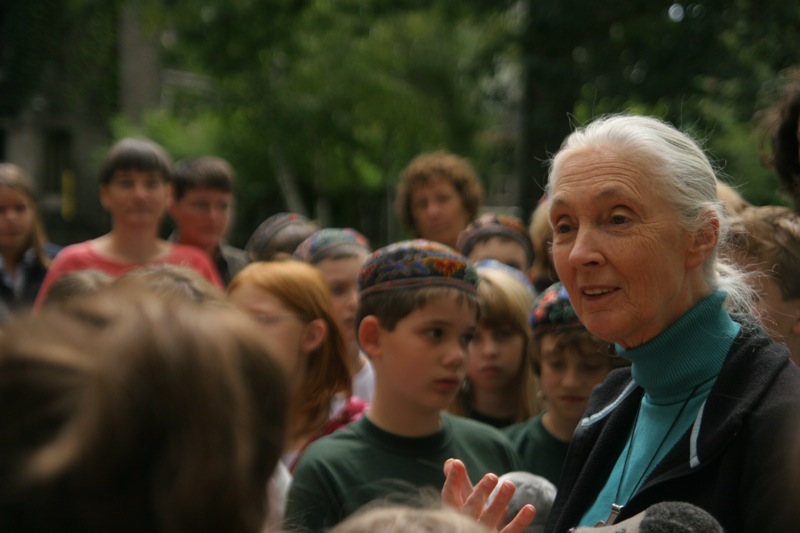
When she listed Elon Musk and President Donald Trump among the people she’d send “on that spaceship and leave there,” she wasn’t sneering. Her face softened as she said it, almost like a teacher naming students who hadn’t done their homework. The People report described the delivery as playful but deliberate, a flicker of humor carrying years of frustration.
She had spent a lifetime urging world leaders to act like caretakers, not conquerors. So when she imagined shipping them into orbit, it wasn’t banishment. It was her way of asking them to look at Earth from far enough away to finally understand what’s at stake.
4. The line sounded outrageous, but the meaning ran deep.
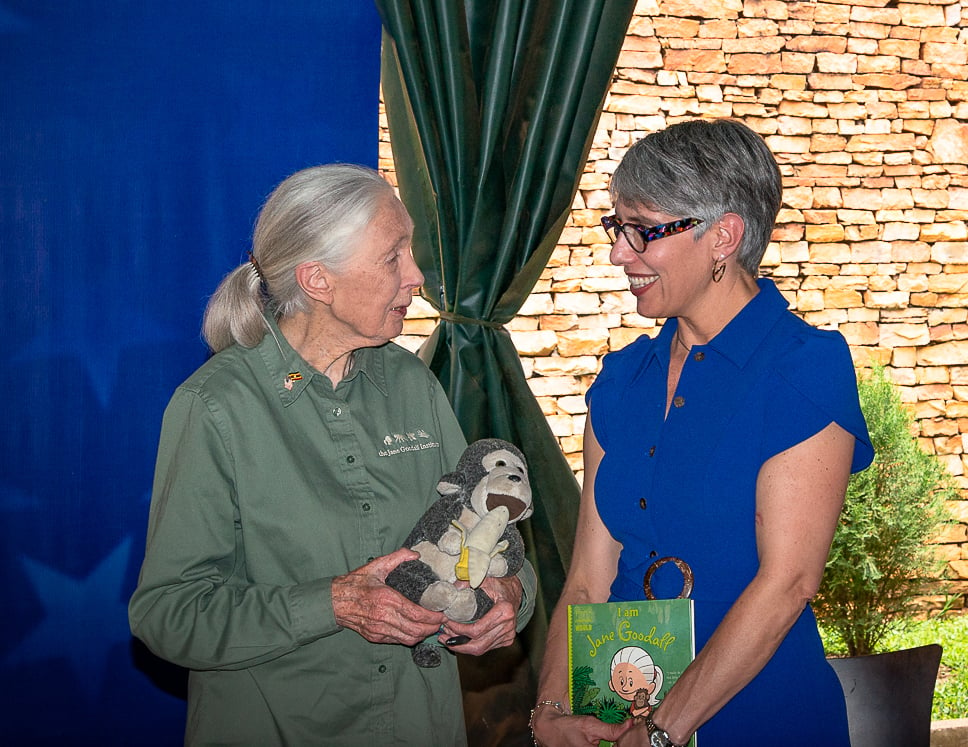
The Guardian later pointed out that Goodall often used jokes to smuggle in hard truths. This one wasn’t about vengeance; it was about distance, perspective, and accountability. She had warned for years that human ambition, when detached from empathy, could become its own extinction event.
So when she teased the idea of sending power into space, she was really offering a metaphor for self-reflection. Let them see the world as fragile and small, she seemed to say. Let them feel what they’ve put at risk. Humor made the truth easier to swallow.
5. Her humor softened what could have been fury.
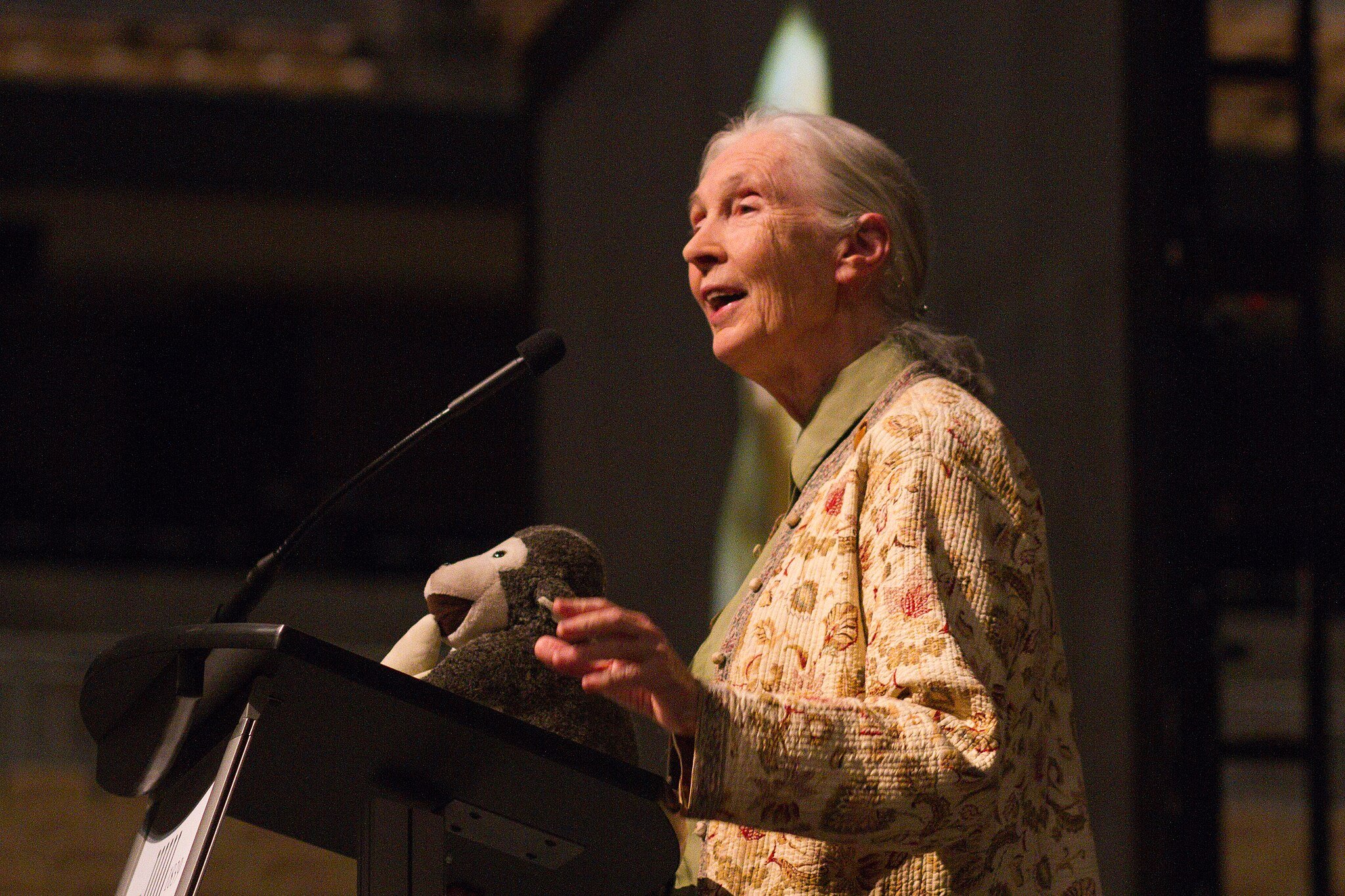
Goodall’s words rarely carried anger, even when they should have. She had a way of threading compassion through critique, as if scolding the world with a grandmother’s patience. The space remark followed that pattern. She wasn’t furious with the powerful; she was disappointed in them.
That disappointment carried more weight than outrage ever could. It came from someone who had seen what leadership without humility looks like—both in chimpanzee hierarchies and in human politics. Her humor wasn’t an escape from that reality. It was her armor.
6. The Netflix format gave her honesty room to breathe.
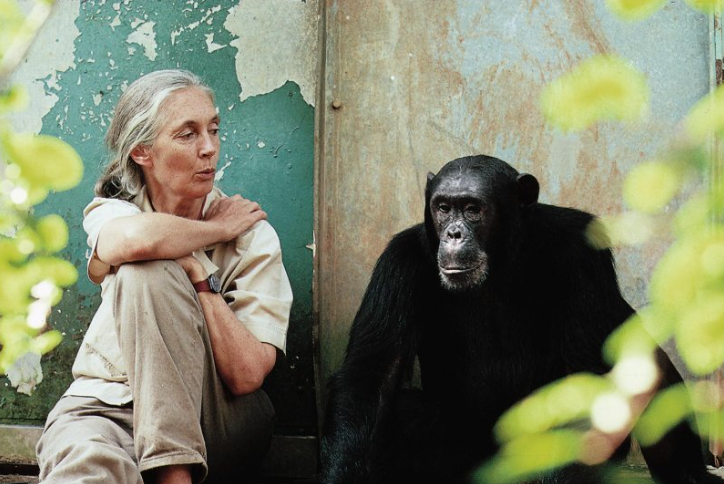
There was no audience to impress, no headlines waiting outside. Just her voice, clear and steady. The structure of Famous Last Words makes you listen differently. Every syllable feels heavier when you know the speaker is gone. Goodall seemed to understand that. She spoke as if she were leaving a message on an answering machine for the future, one we might not check until it was too late.
That silence around her words—the space where no one could argue back—gave them permanence. She had the final say, and she used it well.
7. Reactions split between admiration and discomfort.
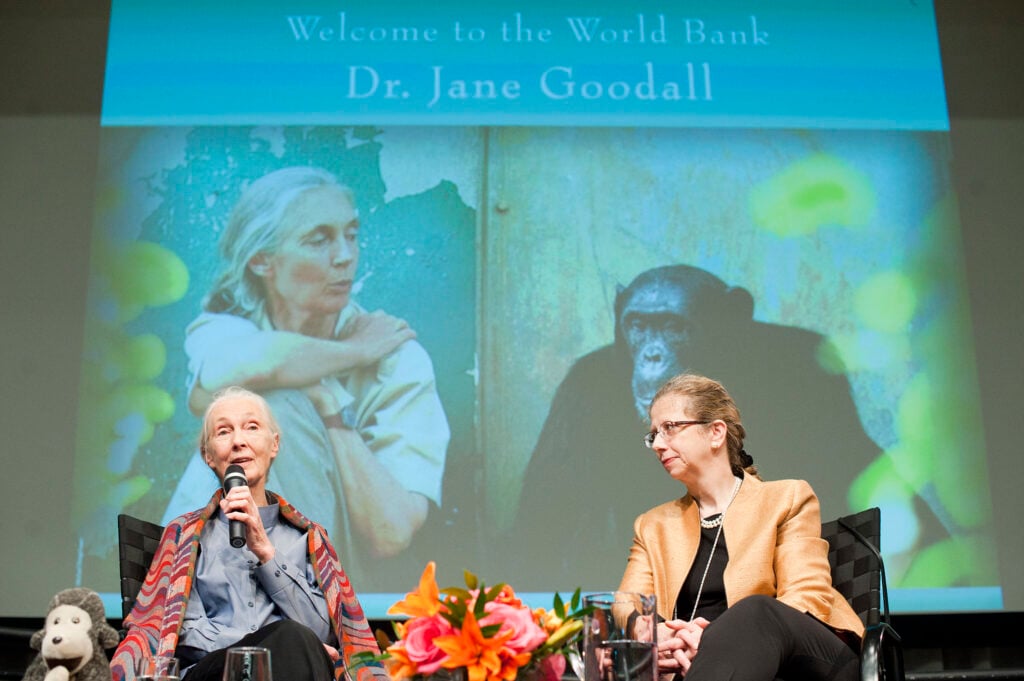
After the episode aired, social media and news outlets exploded with reactions. Some praised her courage, while others questioned whether naming people posthumously was fair. The debate mirrored what she faced during her lifetime, when her blunt assessments of industry leaders sometimes drew backlash.
Yet her intention was never cruelty. She was a scientist with a moral compass, not a provocateur. Her message asked leaders to look inward, not to feel attacked.
8. The scientist in her was always studying power.
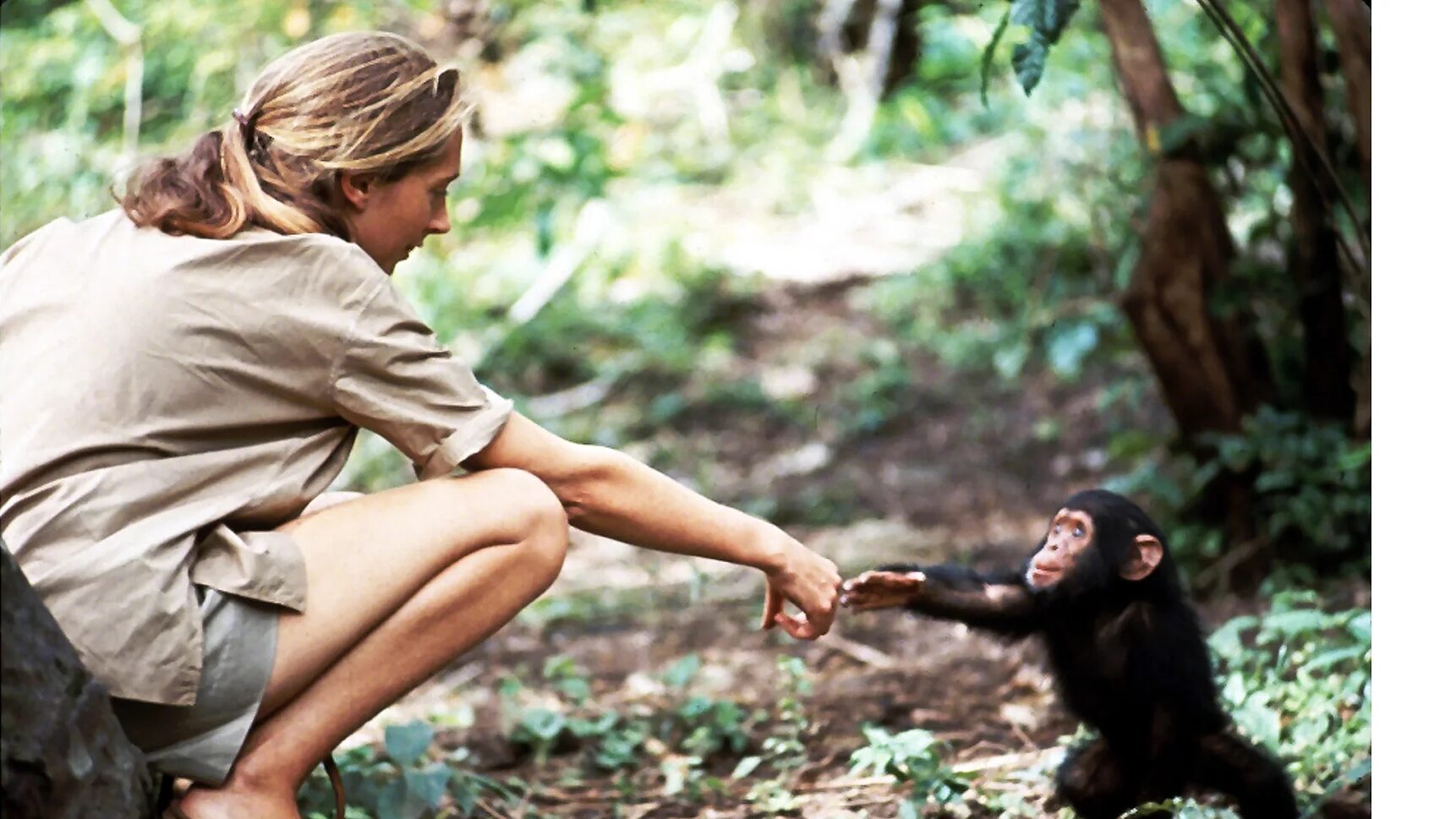
For sixty years she’d watched chimpanzees fight, lead, reconcile, and protect. She saw patterns in their behavior that echoed our own—especially the hunger for dominance. In her final interview, those instincts framed her thoughts on human leaders. Musk’s vision of conquest and Trump’s hold on followers fit into the same old hierarchy she’d studied all her life.
It was anthropology turned inward. She was still observing, still mapping the primate in us all, even in her last days. She wasn’t condemning individuals so much as the pattern of power itself.
9. Timing made her words land even harder.
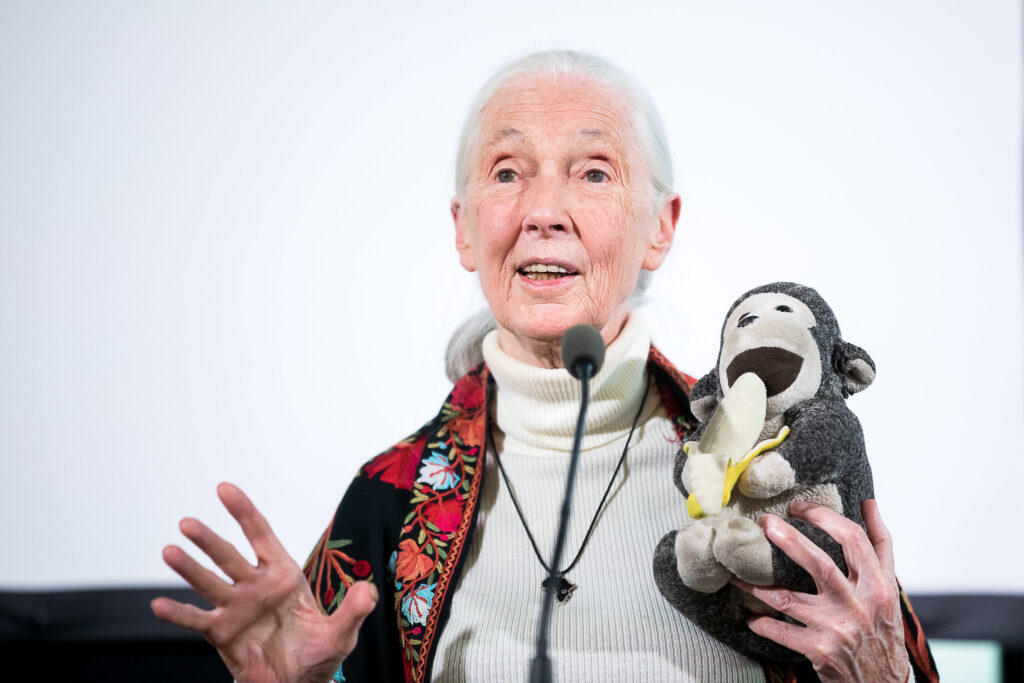
When she spoke those lines in March 2025, President Trump had just returned to office, and Musk was pushing to colonize Mars. Their ambitions were dominating headlines. Against that backdrop, her sentence about sending them away hit like a quiet thunderclap. She didn’t raise her voice or make a spectacle. She simply added perspective to noise.
It’s easy to see why it resonated. The world was spinning faster than it could think. Her message was to slow down, look back at Earth, and ask if progress had begun to eat its own home.
10. Her calm delivery was the sharpest part of all.
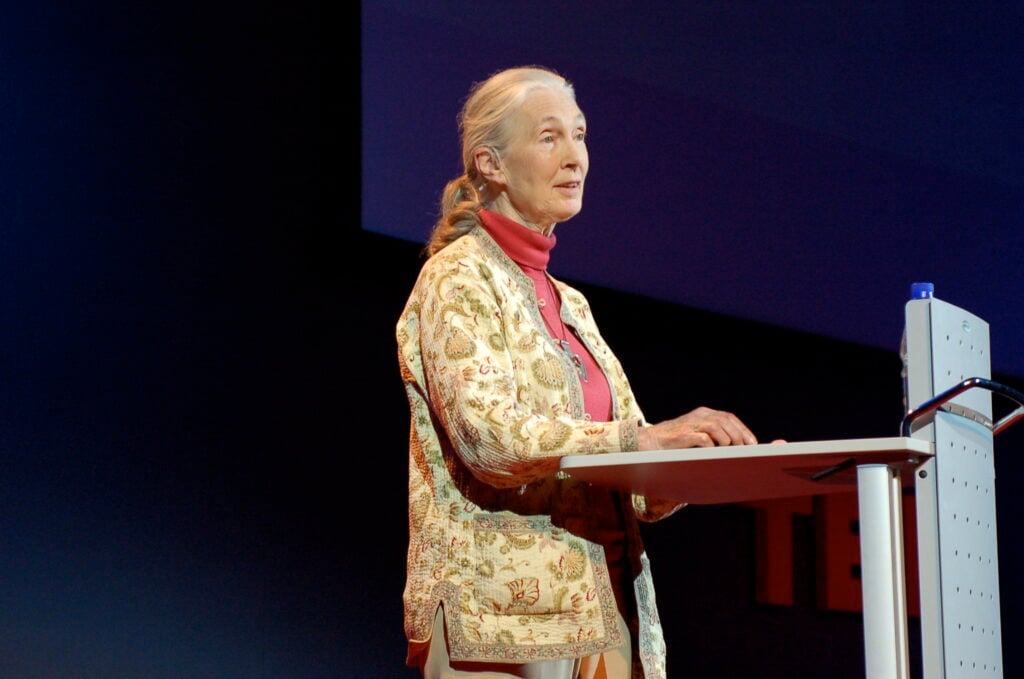
Those who watched the episode described her tone as almost gentle. She never sneered, never broke rhythm. The calmness turned the remark into something haunting. You could feel the conviction under every syllable.
It’s one thing to yell about saving the world. It’s another to whisper it like a truth everyone already knows but refuses to face. That’s what Goodall did best. She reminded people of what they had forgotten.
11. Her legacy still belongs to the living.
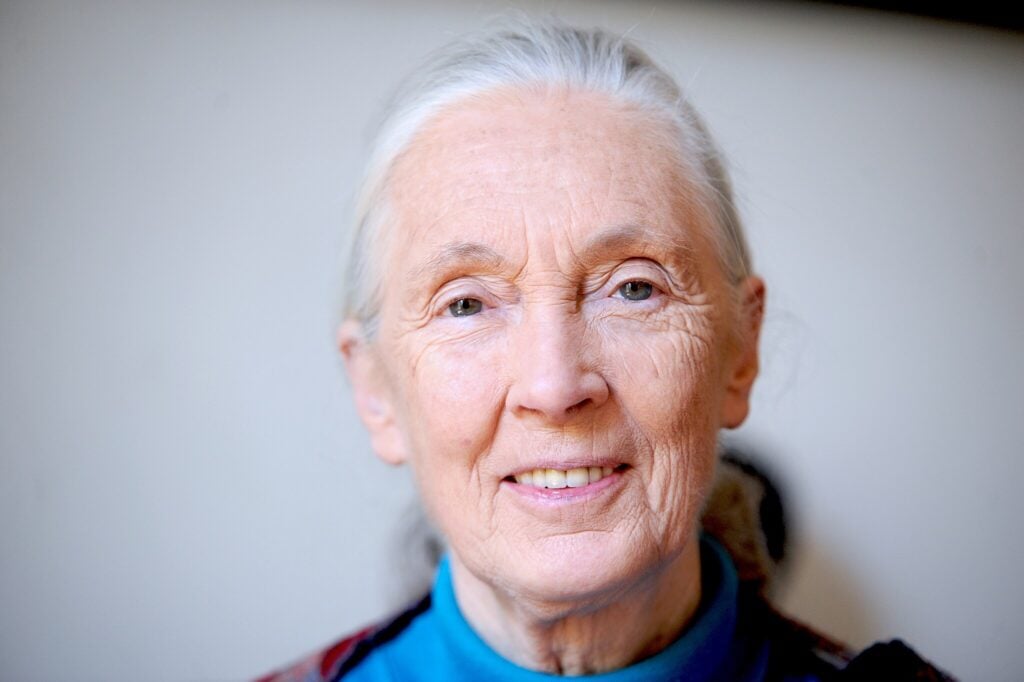
The “spaceship” comment will travel farther than she ever intended, but her story doesn’t end there. The real legacy is the world she tried to protect—the forests, the chimps, the fragile web of life she devoted herself to. Her last interview wasn’t a parting shot. It was a compass.
Even as she imagined the powerful drifting away into space, her words pulled the rest of us closer to Earth, to empathy, to responsibility. It was Jane Goodall’s way of saying goodbye and, at the same time, reminding us that the work she started is still ours to finish.
